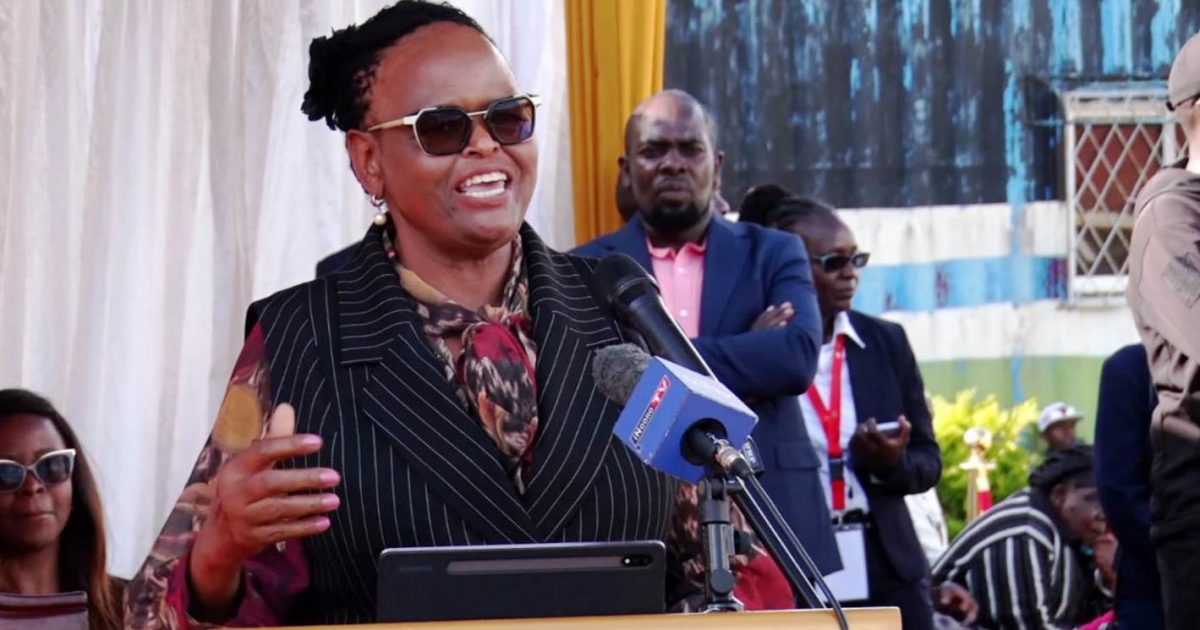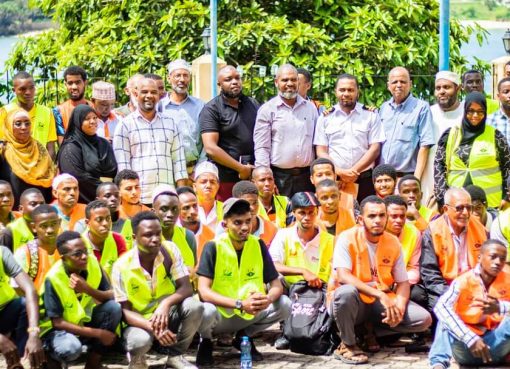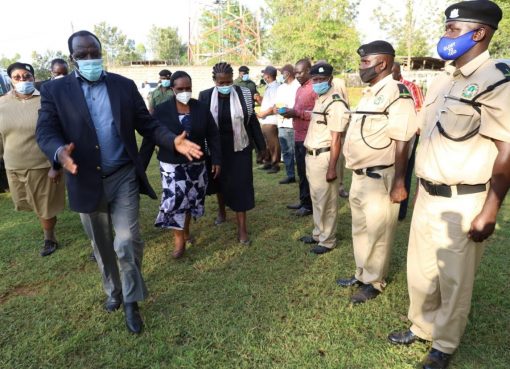Chief Justice Martha Koome has reiterated the Judiciary’s commitment to promote, protect, and fulfill the rights of children as mandated by UN Convention on the Rights of the Child (CRC), the Constitution, and the Children Act, 2022.
Justice Koome said to realize the vision, the legislators, the executive, and development partners need to increase funding and support for child justice.
She said a lot of work needed to be done to ensure every child fully enjoyed their rights.
Koome said as the Judiciary reflects on the milestones it has achieved in promoting and safeguarding children’s rights and justice in Kenya, it would address the gaps that persist.
“During the launch this year’s edition of the National Child Justice month in October we reaffirmed our commitment to ensuring that justice for children is more restorative than retributive,” she stated.
In a press statement sent to newsrooms, the CJ observed that the collective efforts of justice actors under the National Council on the Administration of Justice (NCAJ) has revolutionized the advancement of children’s rights through its decentralized structure, particularly the Court User Committees (CUCs) at grassroots levels.
“The establishment of Children Court User Committees, ensures that justice is accessible and responsive to the unique needs of children,” she added.
Koome said the Judiciary has also made significant strides in enhancing children’s access to justice through empowering all magistrates to handle children’s matters which has operationalized child friendly courts such as Milimani, Nakuru, Tononoka, and Thika Children’s Courts to uphold the dignity of every child.
“We are prioritizing the training of judicial officers to handle cases involving children sensitively and in adherence to child-friendly procedures,” she stated.
Koome announced that last year, the court handled 16,453 children’s cases, including 1,875 cases involving children in conflict with the law and 14,758 cases concerning children in contact with the law.
She said the figures underscore the pressing need for collaboration among all stakeholders to address the challenges faced by these children effectively.
“I invite collaborations to implement the Children Act, 2022, strengthen Children Court User Committees (CUCs), and advance trauma informed and child-centered courts. Together, let us uphold the rights of the child and ensure access to justice for all children in Kenya,” urged the CJ.
Koome added that the Judiciary has embraced alternative dispute resolution methods, including diversion programmes, plea bargaining, and family group conferencing, which focus on rehabilitation over punishment.
The CJ said the NCAJ Committee has provided legislative, policy, and procedural direction, spearheaded data collection, and coordinated stakeholders to enhance the child justice system, besides its enactment of the Children Act, 2022, that amplifies the voices of Kenyan children and addresses their evolving needs.
Since Kenya’s ratification of the Convention, significant progress has been made in safeguarding children’s rights, singling out the adoption of child-focused legislation, policies, and guidelines, including the enactment of the Children Act, 2022 and the entrenchment of children’s rights in the 2010 Constitution.
She also commended UNICEF for supporting NCAJ initiatives geared towards advancing and protecting the rights and welfare of children within the justice system and for the critical role it has played in advancing the rights enshrined under the Convention, both in Kenya and globally.
While giving her remarks during the Exhibit Opening of the CRC@35 at UN headquarters in Gigiri, Nairobi, the CJ noted that the UN Convention on the Rights of the Child remained one of the most invaluable international agreements aimed at promoting and protecting the rights and welfare of children worldwide and served as a cornerstone for global and regional efforts to entrench and uphold children’s rights.
Over the years, the Convention has transformed how children’s rights are viewed, universally by recognizing these rights, providing a holistic framework for their protection and development, and establishing standards for national laws and policies.
“To implement the Children Act, 2022, I have recently gazetted rules on guardianship, foster care, and other procedural matters,” Koome said and promised that the remaining rules would be finalized by early 2025 to ensure a comprehensive framework for child justice.
The Judiciary’s Social Transformation through Access to Justice (STAJ) blueprint has placed children’s rights at the center of our people-focused access to justice agenda, has operationalized strategies, such as the STAJ Child Justice Strategy and the STAJ SGBV Court Strategy, to align its systems with global best practices.
By Bernadette Khaduli





